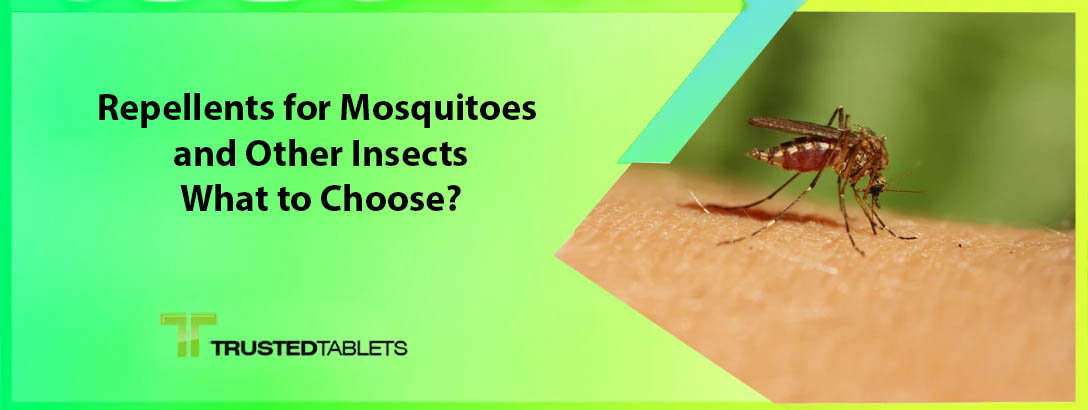Mosquitoes and other insects can be a nuisance, especially during outdoor activities. Choosing the right repellent is crucial for protecting yourself from bites and potential diseases. Here’s a comprehensive guide on how to choose the best repellent:
Types of Repellents
DEET-Based Repellents
DEET (N,N-Diethyl-meta-toluamide) is one of the most effective ingredients for repelling mosquitoes, ticks, and other insects. It’s available in various concentrations and provides long-lasting protection.
Picaridin-Based Repellents
Picaridin is another effective ingredient that provides protection against mosquitoes, ticks, flies, and gnats. It has a lighter scent compared to DEET and is less likely to cause skin irritation.
Oil of Lemon Eucalyptus (OLE)
OLE is a natural repellent derived from the leaves of the lemon eucalyptus tree. It provides protection similar to low concentrations of DEET and has a pleasant smell.
IR3535-Based Repellents
IR3535 is a synthetic repellent that effectively repels mosquitoes, ticks, and other insects. It’s gentle on the skin and less likely to cause irritation compared to DEET.
Choosing the Right Repellent
Consider Duration of Protection
Look for repellents that provide long-lasting protection based on your outdoor activities. Higher concentrations of DEET typically offer longer protection, but concentrations above 50% provide minimal additional benefit.
Skin Sensitivity
If you have sensitive skin, opt for repellents with lower concentrations of DEET or choose alternatives like picaridin or OLE. Test a small amount on a small patch of skin before widespread use to check for any allergic reactions.
Ease of Application
Choose repellents that are easy to apply and reapply as needed. Sprays, lotions, and wipes are convenient options for outdoor use. Ensure even coverage on exposed skin areas.
Consider Clothing Repellents
For added protection, treat clothing, shoes, and gear with permethrin, a repellent that binds to fabric fibers and provides long-lasting protection even after several washes.
Apply Properly
Follow product instructions carefully for effective application. Apply repellent evenly on exposed skin areas, avoiding sensitive areas like eyes, mouth, and irritated skin.
Reapply as Needed
Reapply repellent as directed, especially after swimming, sweating, or extended outdoor activities. Even waterproof formulations may require reapplication after a certain period.
Summary Table
| Repellent Type | Description |
|---|---|
| DEET-Based Repellents | Effective against mosquitoes, ticks, and other insects. Various concentrations available for different durations of protection. |
| Picaridin-Based Repellents | Provides protection with a lighter scent and less skin irritation compared to DEET. Effective against mosquitoes, ticks, flies, and gnats. |
| Oil of Lemon Eucalyptus | Natural repellent with a pleasant scent, providing protection similar to low concentrations of DEET. Effective against mosquitoes. |
| IR3535-Based Repellents | Synthetic repellent gentle on the skin, effective against mosquitoes, ticks, and other insects. |
| Permethrin | Repellent for clothing, shoes, and gear that binds to fabric fibers for long-lasting protection. |
FAQ
Are mosquito repellents safe for children?
Yes, but choose repellents with lower concentrations of DEET (less than 30%) or use alternatives like picaridin or oil of lemon eucalyptus. Avoid applying repellent to children’s hands, eyes, and mouth.
Can I use sunscreen and repellent together?
Yes, apply sunscreen first and allow it to absorb into the skin before applying repellent. Avoid combined products unless specifically formulated and tested for effectiveness.
How often should I reapply insect repellent?
Reapply repellent as directed on the product label, especially after swimming, sweating, or prolonged outdoor activities. Follow instructions for optimal protection.
What should I do if I get insect repellent in my eyes?
Rinse eyes with water immediately and seek medical attention if irritation persists. Avoid touching eyes with hands that have repellent on them.
Are natural insect repellents effective?
Some natural repellents like oil of lemon eucalyptus can be effective, but their protection may not last as long as synthetic repellents like DEET or picaridin. Reapply natural repellents more frequently for optimal effectiveness.
Can insect repellents prevent diseases like Zika virus or Lyme disease?
Using repellents can help reduce the risk of mosquito and tick bites, which can transmit diseases like Zika virus and Lyme disease. However, repellents alone may not provide complete protection, so also take other preventive measures.
Should I apply repellent under clothing?
Apply repellent to exposed skin areas only. Treating clothing with permethrin provides additional protection against mosquitoes and ticks.


